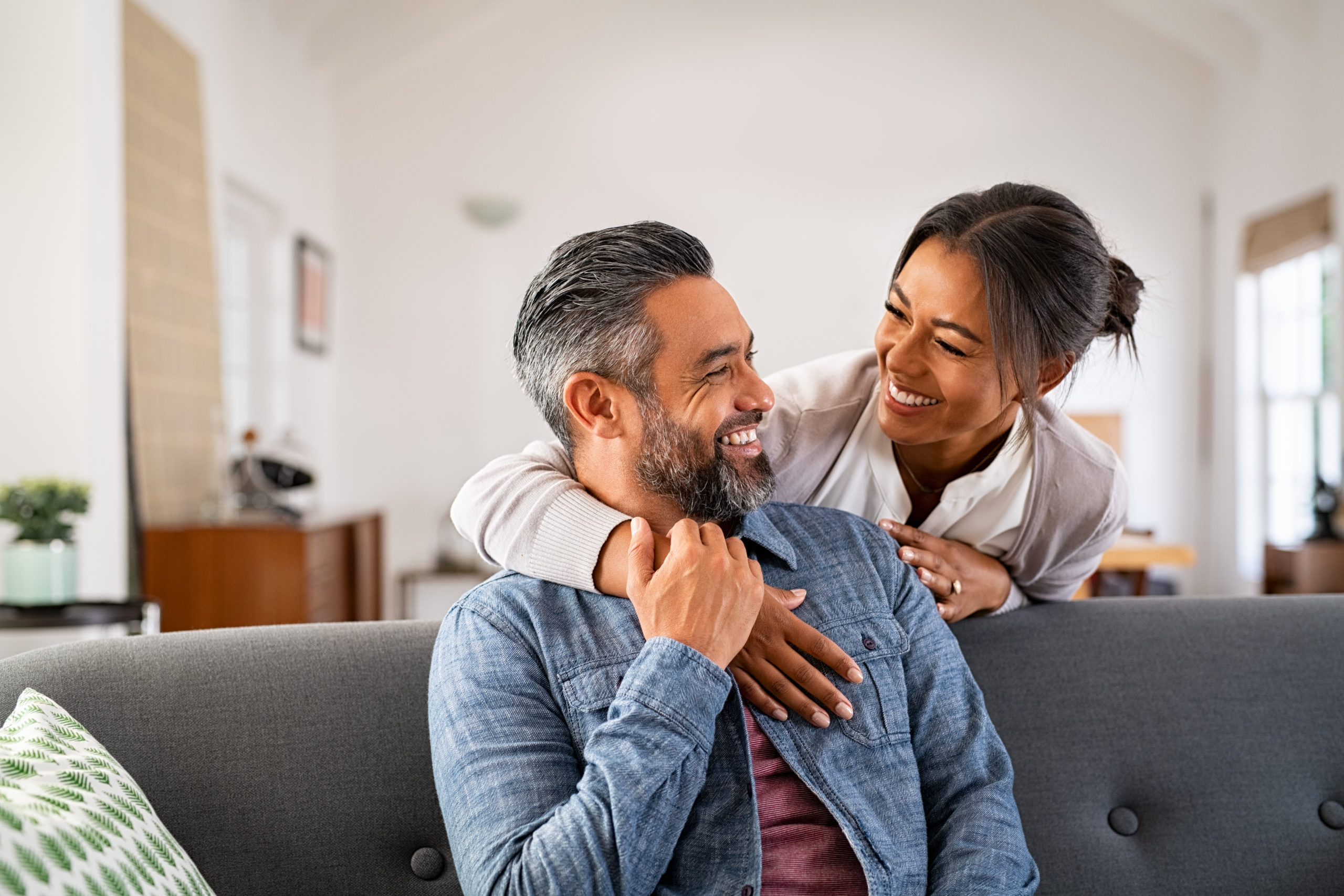Codependency: Is Your Partner Enabling You?

A motivation to help others, especially people we care for, is a normal aspect of human interaction and is arguably necessary to being a healthy person. We want to help our children succeed, and we want to help our partners to thrive and successfully handle life’s problems. Friends want to help each other at work or in their personal relationships. Unfortunately, these well-intentioned instincts can go wrong when addiction is present.
Enabling in Relationships
In a healthy relationship, one person’s help supports the other person’s achievements, responsibilities, maturity, and good mental or physical health. In a dysfunctional helping relationship, one person’s help enables the other to avoid consequences and perpetuates problems rather than solving them.
To determine if your loved one is enabling you, ask yourself if the support your partner is giving you is helping healthy behaviors or reinforcing negative ones. If you have a partner who continuously enables dysfunctional behavior, your relationship could be codependent.
What Is Codependency in Relationships?
Codependent relationships are relationships with friends or family where the relationship’s intimacy is experienced within the framework of one person experiencing distress and the other person coming to the rescue to relieve that distress. The helping person expresses love by providing assistance, and the other person feels cared for when assistance is received. However, codependent relationships are often one-sided or emotionally damaging.
Enabling and Codependency
Within a codependent relationship, the helper is emotionally involved to such a high degree that they deeply feel the other person’s stress and discomfort. The helper often feels guilty about placing limits on the help they’re willing to provide or about ending the relationship. Guilt spurns them on to relieve the other’s suffering by continuing to provide help, and it pressures them to backtrack on limits they may have set.
Enablers in codependent relationships typically achieve intimacy where they identify as the rescuer, supporter, and adviser. They frequently depend on the other’s poor behavior to fulfill their emotional needs. Helpers enjoy feeling needed, and they may keep the other nearby due to fears of rejection or abandonment. Helpers may feel competent when compared to the other, which can bolster low self-confidence.
The partner in a codependent relationship also deeply depends on the enabler. The partner is often dependent on the helper as a result of the helper’s long-term assistance. The helper also enables addiction or poor mental or physical health. Added up, this makes the partner dependent on the helper’s aid. The other’s poor functioning carries with it the necessary caring, concern, attention, and love from the helper, which reduces their inclination to make improvements in their behavior.
If your partner is enabling you, they may have few or no relationships as closely tied as the relationship they have with you. Your partner may be so consumed by concerns about you that other relationships with family and friends are being neglected. This creates an intense level of reciprocal, unhealthy dependence between yourself and your partner, making the relationship codependent and resistant to change.
If you believe you are in a codependent relationship, especially when addiction is involved, speak with a mental health professional to get the professional help necessary to improve your relationship and well-being.
References:









